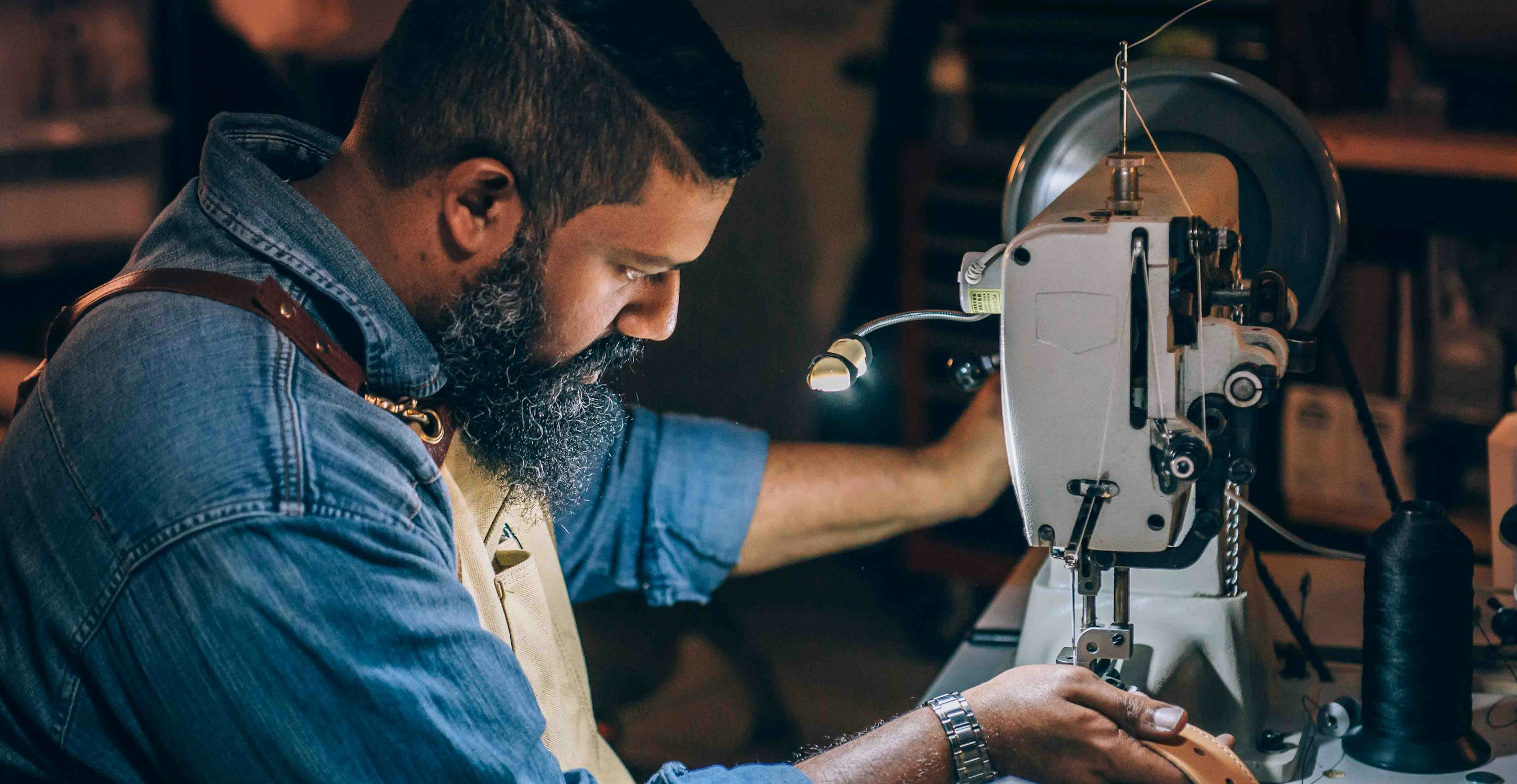In today's competitive market, the demand for high-quality private label leather goods such as wallets and belts is on the rise. As an entrepreneur looking to capitalize on this trend, it's essential to understand the intricacies of selling private label leather goods effectively. This comprehensive 10-step guide will walk you through the process of creating, marketing, and selling private label leather goods, helping you carve out a successful niche in this lucrative industry.
Step 1: Identify Your Niche Before diving into the world of private label leather goods, it's crucial to identify your target market and niche. Research the latest trends and consumer preferences to determine which leather goods are in high demand. Whether it's minimalist wallets, vintage-inspired belts, or luxury leather accessories, understanding your niche will set the foundation for your business.
Step 2: Source High-Quality Materials The quality of your leather goods is paramount to your success. Partner with reputable suppliers who offer premium-grade leather and materials. Ensure that the leather is ethically sourced and meets industry standards for durability and craftsmanship. By prioritizing quality, you'll establish a reputation for excellence in the market.
Step 3: Design Unique Products Distinguish your private label leather goods by creating unique, eye-catching designs. Consider incorporating personalized touches, such as custom embossing or distinctive hardware, to set your products apart from the competition. Emphasize the craftsmanship and attention to detail that goes into each item, appealing to discerning customers who appreciate quality.
Step 4: Establish Brand Identity Craft a compelling brand identity that resonates with your target audience. Develop a brand story that communicates your commitment to quality, craftsmanship, and style. Create a memorable brand name, logo, and packaging that reflect the essence of your leather goods and appeal to your ideal customers.
Step 5: Build an E-Commerce Platform In today's digital age, a strong online presence is essential for selling private label leather goods. Invest in a user-friendly e-commerce platform that showcases your products in an engaging and professional manner. Optimize your website for search engines, ensuring that potential customers can easily find your leather goods online.
Step 6: Implement Effective Marketing Strategies Utilize a mix of digital marketing strategies to promote your private label leather goods. Leverage social media platforms, influencer partnerships, and content marketing to raise awareness and drive traffic to your e-commerce store. Engage with your audience through captivating visuals, informative blog posts, and compelling storytelling.
Step 7: Cultivate Customer Trust Establish trust and credibility with your customers by providing exceptional customer service and transparent business practices. Offer hassle-free returns, secure payment options, and clear product descriptions to instill confidence in your brand. Encourage customer reviews and testimonials to showcase the satisfaction of your clientele.
Step 8: Expand Your Distribution Channels Explore opportunities to expand your distribution channels beyond your e-commerce store. Consider partnering with select retailers, attending trade shows, or participating in artisan markets to reach a broader audience. Collaborate with like-minded businesses to cross-promote your leather goods and expand your reach.
Step 9: Monitor Performance and Adapt Regularly monitor the performance of your private label leather goods business. Analyze sales data, customer feedback, and market trends to identify areas for improvement and growth. Stay agile and adaptable, adjusting your strategies and product offerings to meet the evolving needs of your customers.
Step 10: Foster Long-Term Relationships Nurture long-term relationships with your customers by offering loyalty programs, exclusive promotions, and personalized communication. Cultivate a community around your brand, engaging with customers through newsletters, social media, and special events. By fostering a loyal customer base, you'll secure the ongoing success of your private label leather goods business.
In conclusion, selling private label leather goods requires a strategic approach that encompasses product development, branding, marketing, and customer engagement. By following these 10 steps, you can position your business for success in the competitive market of leather goods, establishing a strong presence and loyal customer base. Embrace the art of selling private label leather goods, and watch your business thrive in this timeless and ever-evolving industry.





